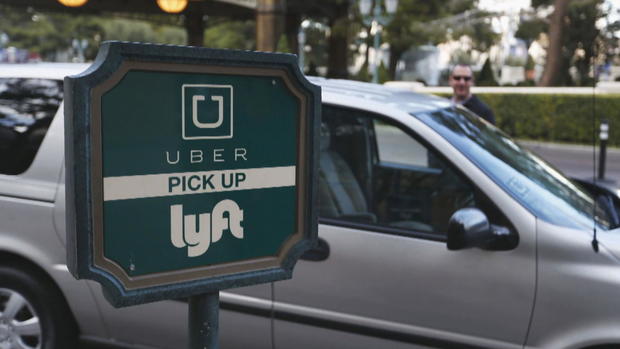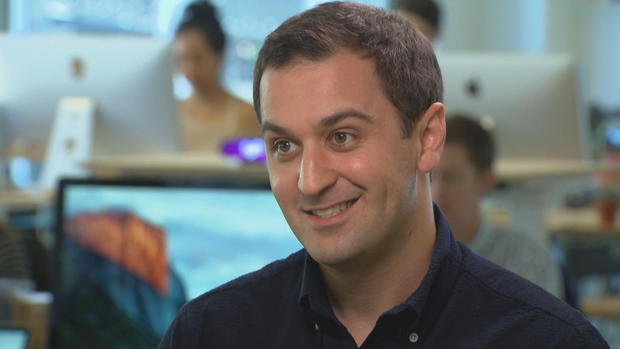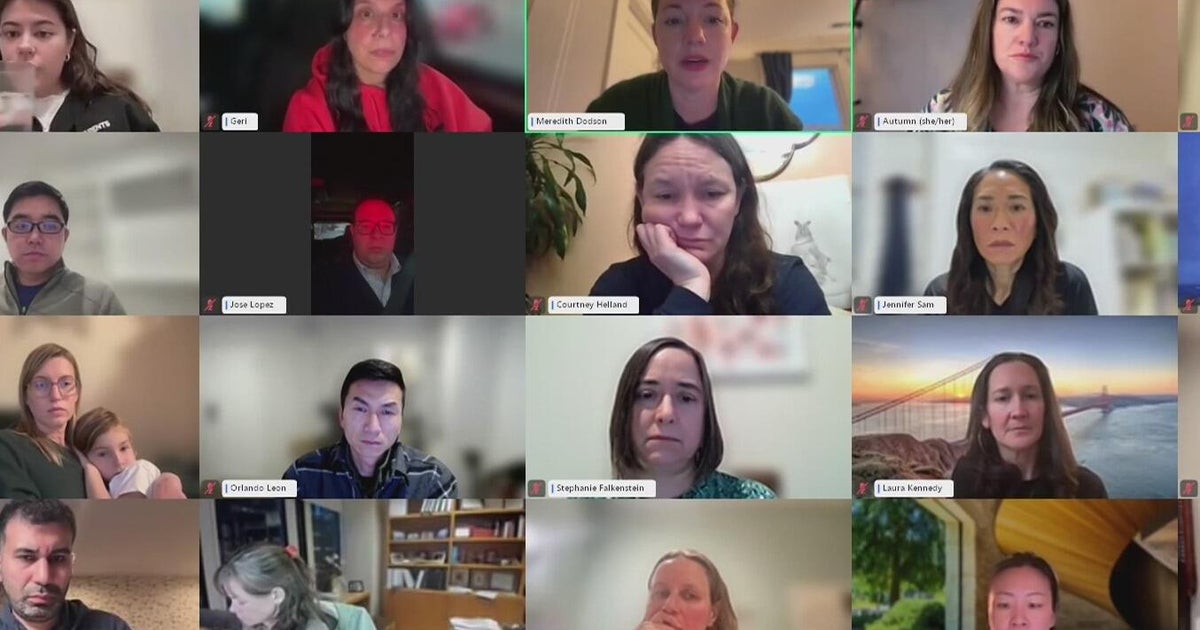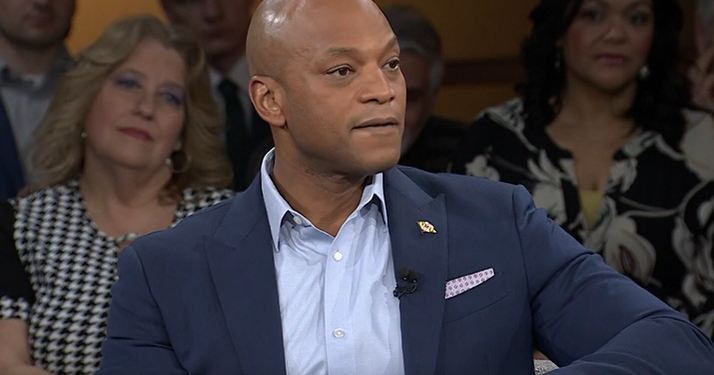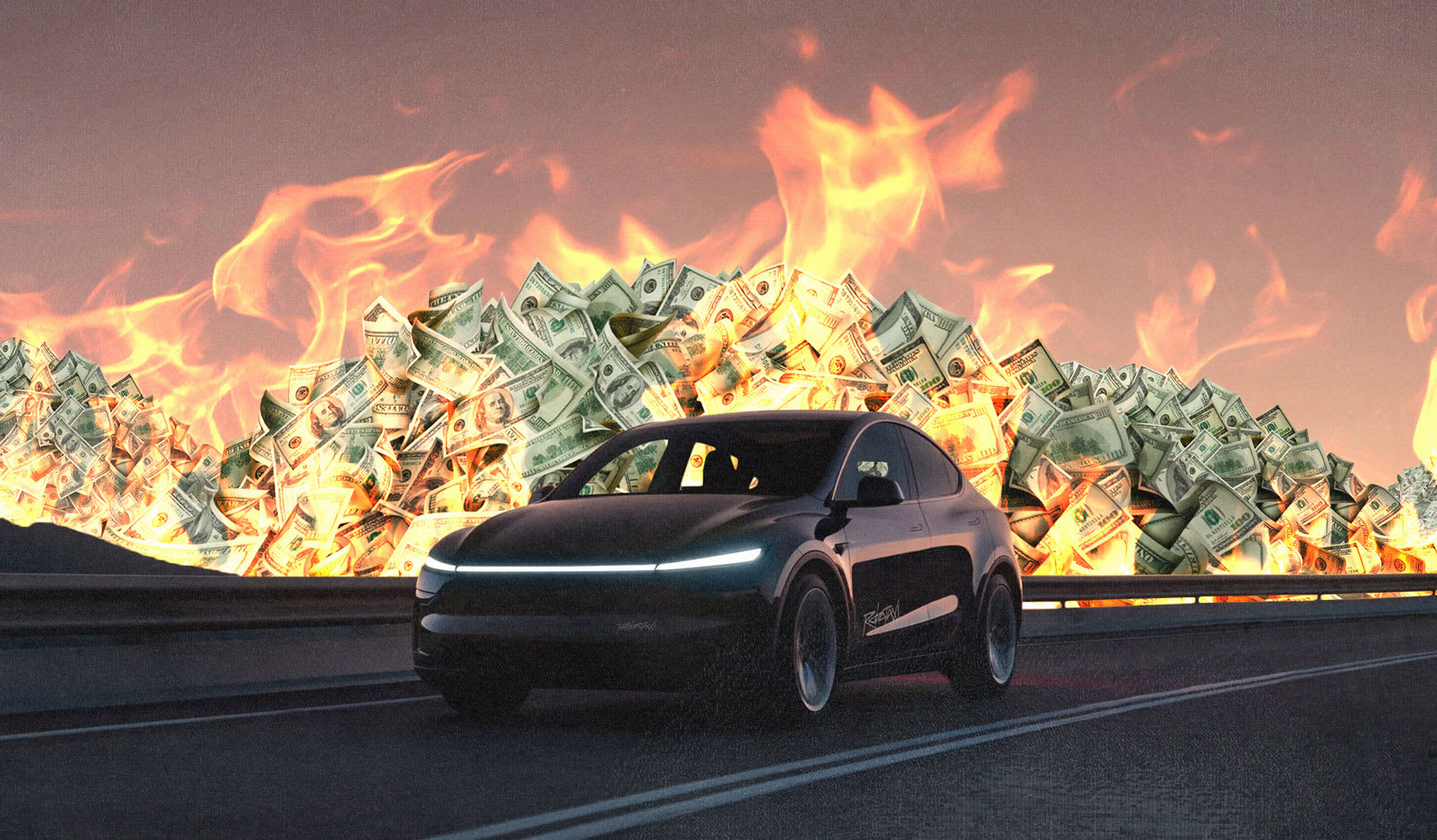Lyft co-founder John Zimmer talks future of ride-sharing and competition with Uber
While the ride-hailing giant Uber battled chaos and controversy this year, competitor Lyft was making big gains.
The company has added service to 150 U.S. markets in 2017, making it available in more than 350 areas across the country.
Now, more than 80 percent of people in the U.S. can hail a ride, but traffic is still a plague in cities across the country.
When CBS News correspondent John Blackstone went for a ride in San Francisco with Lyft president and co-founder John Zimmer, the two got stuck in a typical jam.
"Look at all these cars. They are individuals driving themselves and no one else is sharing the ride with them," Zimmer said.
Ride-sharing has propelled Lyft and its larger competitor Uber into multibillion-dollar companies, both launched in San Francisco just about couple of years apart.
"Now, around the same time you were starting Lyft, there were some guys across town starting another company," Blackstone joked, referring to Uber.
"Yeah. I heard about that," Zimmer said. "So, they--they actually started with private cars. Limos, a couple years before us. So, they had a footprint. But before them, we launched a peer-to-peer transportation, which is kind of people using their own personal cars. And we're now the fastest growing ride-share service in the United States. And are taking market share from those other guys."
Those other guys, Uber, have spent months dealing with a series of scandals that led to the recent ouster of CEO Travis Kalanick. A study of credit card transactions shows Uber losing market share as Lyft gains. Lyft says it now has 30 percent of the U.S. market.
Asked about the biggest challenge he's faced, Zimmer said, "There's always been doubt behind our set of values. Taking care of our drivers, taking care of our passengers was really important and many people said, 'That's gonna hold you back. The other competitor's too aggressive.' And we said, 'These are two different things. We're aggressively pursuing our values of taking care of people.' And that is actually good for business. And I think finally people are starting to realize that."
In 2016, Lyft provided more than 162 million rides, three times more than in 2015. Growth this year is up 142 percent.
Recently, Zimmer has told the people of Lyft, "don't gloat."
"Yeah, I think it's important. Look, anything that's happening with a competitor doesn't have an impact on our drivers, our passengers, and the people here," Zimmer said.
We first met Zimmer in 2012, at his startup called Zimride.
"We're trying to make history by building a new form of transportation. You know there was canals. There was railroads. There was highways and there was Zimride," Zimmer said in 2012.
In 2012, Zimride had a couple of dozen workers. Now Lyft has 1,700 employees and more than 700,000 drivers.
As Zimmer sees it, the drivers are making good use of cars that would otherwise just be parked.
"We have 250 million cars in the United States that are parked 96 percent of the time. This is completely inefficient," Zimmer said.
"The city of San Francisco says that one of the impacts of Lyft and Uber, has been to create more traffic in the city," Blackstone noted.
"Yes, we've seen that -- that reporting. I think that-- the opportunity here is to make traffic go away and so we believe we're doing that in instances. And if there are cases where we're not, and that's based on data, then we're gonna work with the local government and we're gonna fix it," Zimmer said.
Both Uber and Lyft see self-driving cars in their future. Lyft is developing technology in partnership with Google, General Motors and Jaguar Land Rover.
"We think that in a few years, you'll be subscribing to a miles plan on Lyft the way you would subscribe to a minutes plan on AT&T or Verizon or T-Mobile," Zimmer said.
They've already disrupted the taxi industry—is the automobile industry next?
"Well, we're really focused on the customer and what customers want. And providing that experience. If that means we can provide a better experience than the alternative, then we're gonna do that," Zimmer said.
And Zimmer practices what he preaches. When he gave Blackstone a lift, he borrowed a car.
"I currently don't own a car and I carpool to work with my co-founder in the mornings," Zimmer said.
Zimmer says he can get along fine in a major city like San Francisco without a car. Asked whether that's how he sees the future, he said, "Yeah, I think so. I think it's going to free up a lot of space within our cities. It's gonna save people money."
There's no doubt Zimmer is a ride-sharing visionary but for now, just like the rest of us, he can still end up in gridlock.
